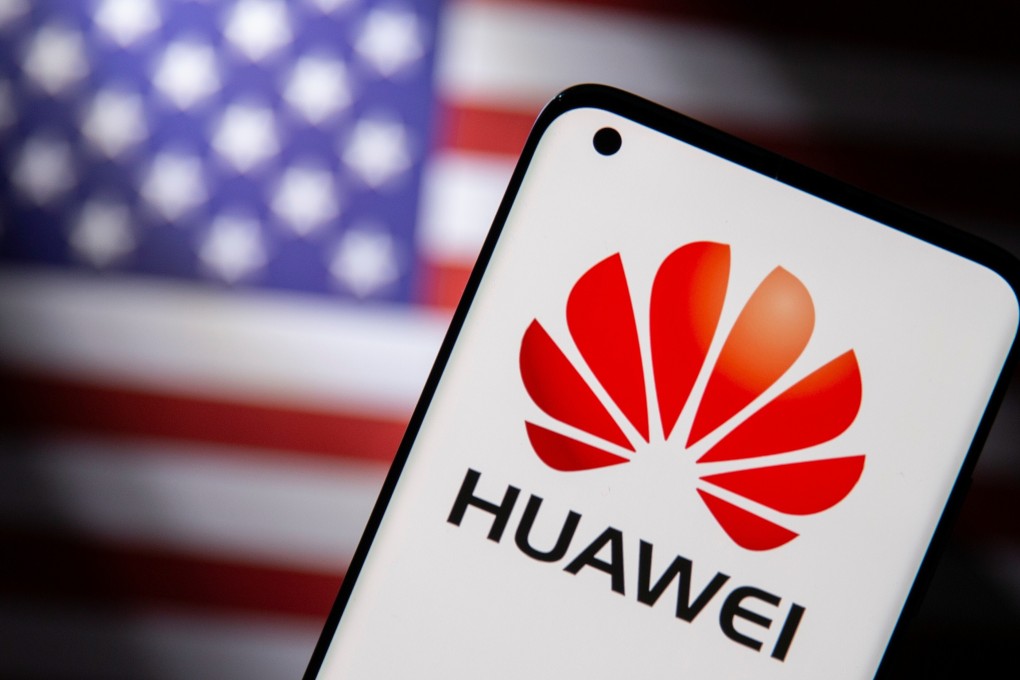US lawmakers pass tighter restrictions on Huawei, ZTE, sending bill to Biden
- The US Senate voted to approve the Secure Equipment Act on Thursday, sending the bill to President Joe Biden for his signature
- The bill bars companies deemed security threats from receiving new equipment licences, delivering another blow to Huawei, ZTE and other Chinese tech companies

The US Senate voted unanimously on Thursday to approve legislation to prevent companies such as Huawei Technologies Co or ZTE Corp that are deemed security threats from receiving new equipment licences from US regulators.
“Chinese state-directed companies like Huawei and ZTE are known national security threats and have no place in our telecommunications network,” Republican Senator Marco Rubio said. The measure would prohibit the Federal Communications Commission (FCC) from reviewing or issuing new equipment licences to companies on the FCC’s “Covered Equipment or Services List”.
In March, the FCC designated five Chinese companies as posing a threat to national security under a 2019 law aimed at protecting US communications networks.
The affected companies included the previously designated Huawei and ZTE, as well as Hytera Communications Corp, Hangzhou Hikvision Digital Technology Co and Zhejiang Dahua Technology Co.
The FCC in June had voted unanimously to advance a plan to ban approvals for equipment in US telecommunications networks from those Chinese companies even as lawmakers pursued legislation to mandate it.
The FCC vote in June drew opposition from Beijing.